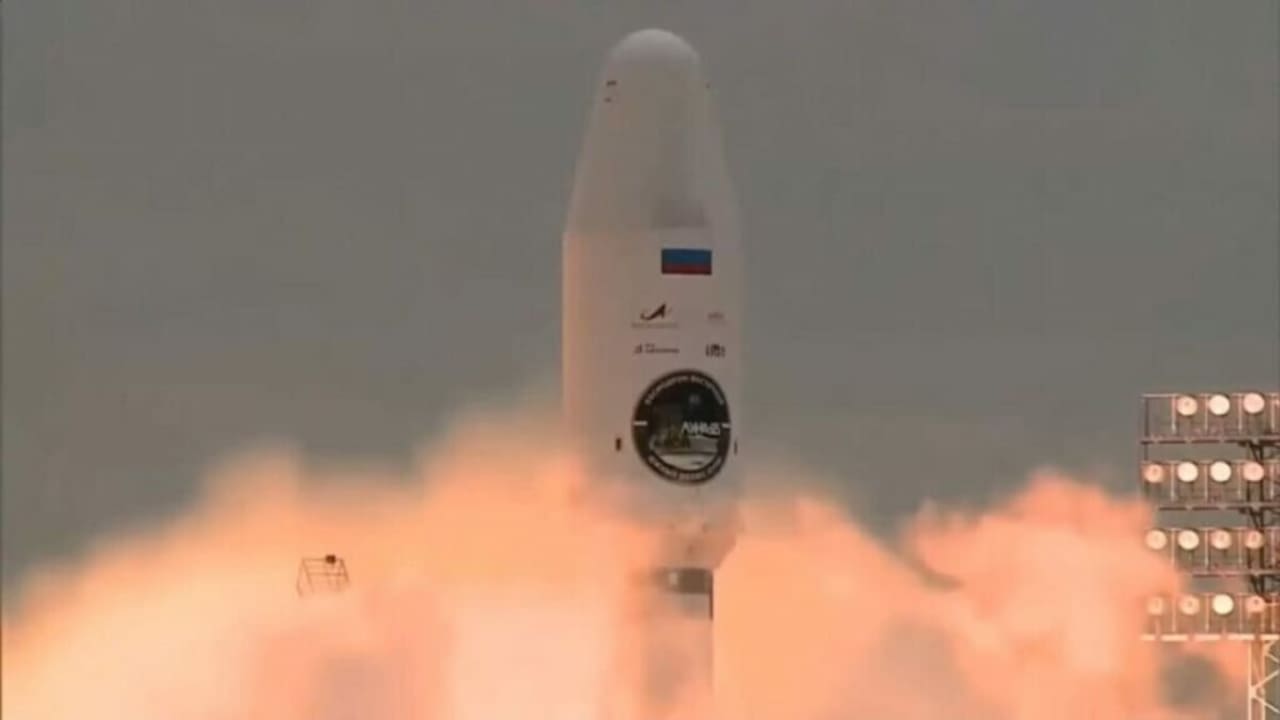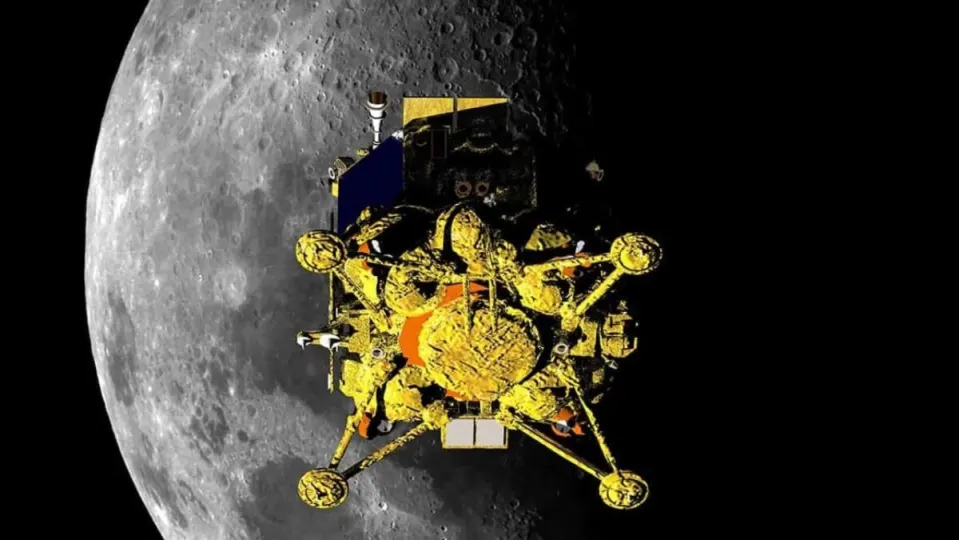Russia’s dreams and hopes of returning to the Moon have been dashed. Last Saturday, Russia’s Luna-25 spacecraft crashed into the lunar surface, thus foiling Moscow’s plans to re-explore Earth’s satellite after nearly 50 years.
As reported by Science Alert, the accident occurred during maneuvers prior to landing, following an incident for which details have not been disclosed.
The 800-kilogram Luna-25 was supposed to perform a soft landing on the lunar south pole this Monday. If all had gone according to plan, this event would have been a historic milestone, as Russia had not touched the Moon for 47 years since the Luna-24 probe successfully landed on the lunar surface.
Yuri Borisov, the head of the Russian space agency Roscosmos, mentioned earlier that the mission was “risky,” and in June, he informed Russian President Vladimir Putin that the probability of success was “around 70%.”
The Luna-25 probe was successfully placed into lunar orbit last Wednesday, after being launched from the Vostochny Cosmodrome in Russia’s Far East. However, on Saturday, Roscosmos announced that an “emergency” had been detected during a maneuver of the probe before its landing, preventing the operation from proceeding.

According to preliminary calculations, the probe “entered an unintended orbit” before the collision. Russia has initiated an investigation to determine the causes of the accident, of which no further public explanations have been provided.
With the Luna-25, Moscow aimed to revive the legacy of the Soviet lunar program, marking a return to independent lunar exploration in the midst of serious economic problems due to the invasion of Ukraine and increasing isolation from the West.
Valery Yegorov, a former investigator of the Russian space program now living in exile, stated that the accident would severely impact Roscosmos’ future missions, and the next one might not take place until 2028 or “even later.”
Additionally, Yegorov suggested that the probe’s failure could be related to electronic issues, possibly stemming from Western sanctions against Moscow. The launch of the Luna-25 had been postponed multiple times over the past five years, according to Yegorov, “due to the sanctions imposed on Russia in response to the annexation of Crimea.”
The mission’s failure comes at a time when various companies and nations have entered a space race to reach the Moon, highlighting the challenges facing the Russian space sector.
Some of the links added in the article are part of affiliate campaigns and may represent benefits for Softonic.


